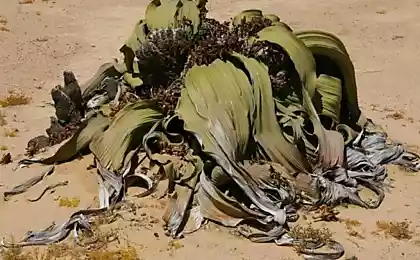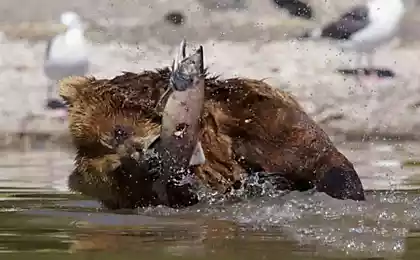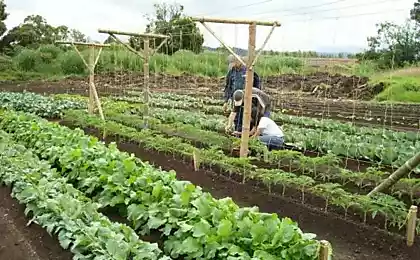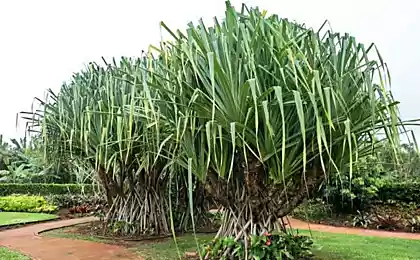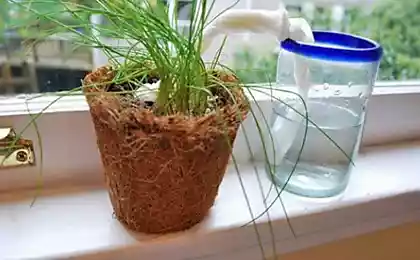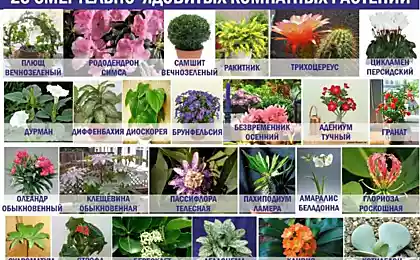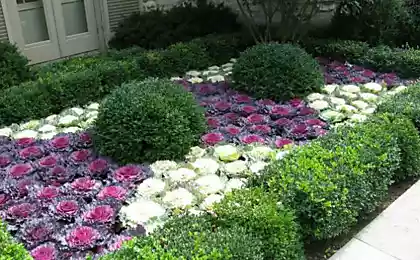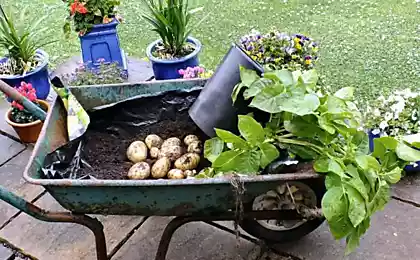1009
Resurrection plants

Russian scientists from the Institute of Physical and Chemical and Biological Problems in Soil Science Pushchino managed to "revive" the seeds, the age of which is 30 thousand years. Article scientists appeared in the journal Proceedings of the National Academy of Sciences (at the time of this writing, the electronic version of the article was not available), and its summary results in New Scientist. Head of the research group David Gilichinsky died shortly before the work out. Fruits and seeds narrow-leaved campion (Silene stenophylla) extracted from the permafrost at a depth of 38 meters near the Kolyma River. Radiocarbon dating showed that the age of the seed is 30-32 thousand years. These seeds are supposedly kept in a hole in the Pleistocene inhabited chipmunk. Permafrost turned hole in a sealed chamber, where the seeds were protected from exposure to water and the environment. As part of the scientists took tissue still immature seeds and fruits (ripe seeds germination was not given). Some of the samples failed to germinate. Scientists believe that some of the cells retained the ability to share due to the large amount of sucrose in them. The previous record for the revival of the plant was 2,000 years - the researchers were able to germinate seeds found in Israel. According to scientists quoted by RIA Novosti, the ancient campion is somewhat different from its modern descendant. For example, the last petals broader and dissected. In addition, at the ancient bush were "female" and "male" inflorescence, while in modern colors campion is both pistils and stamens. See also: Unbelievable Beasts of flowers in China. Why useful raspberries? Previously, kiwi called "Chinese gooseberry»
Source: mirfactov.com/
